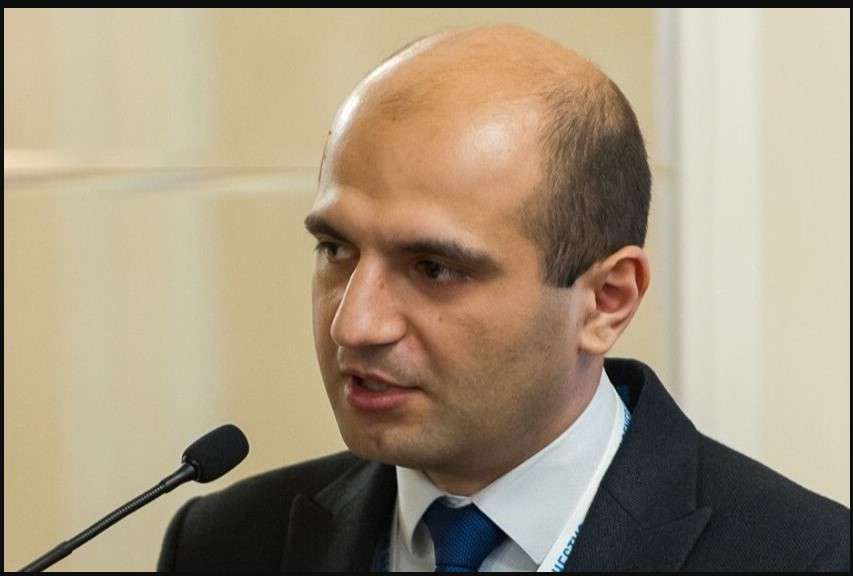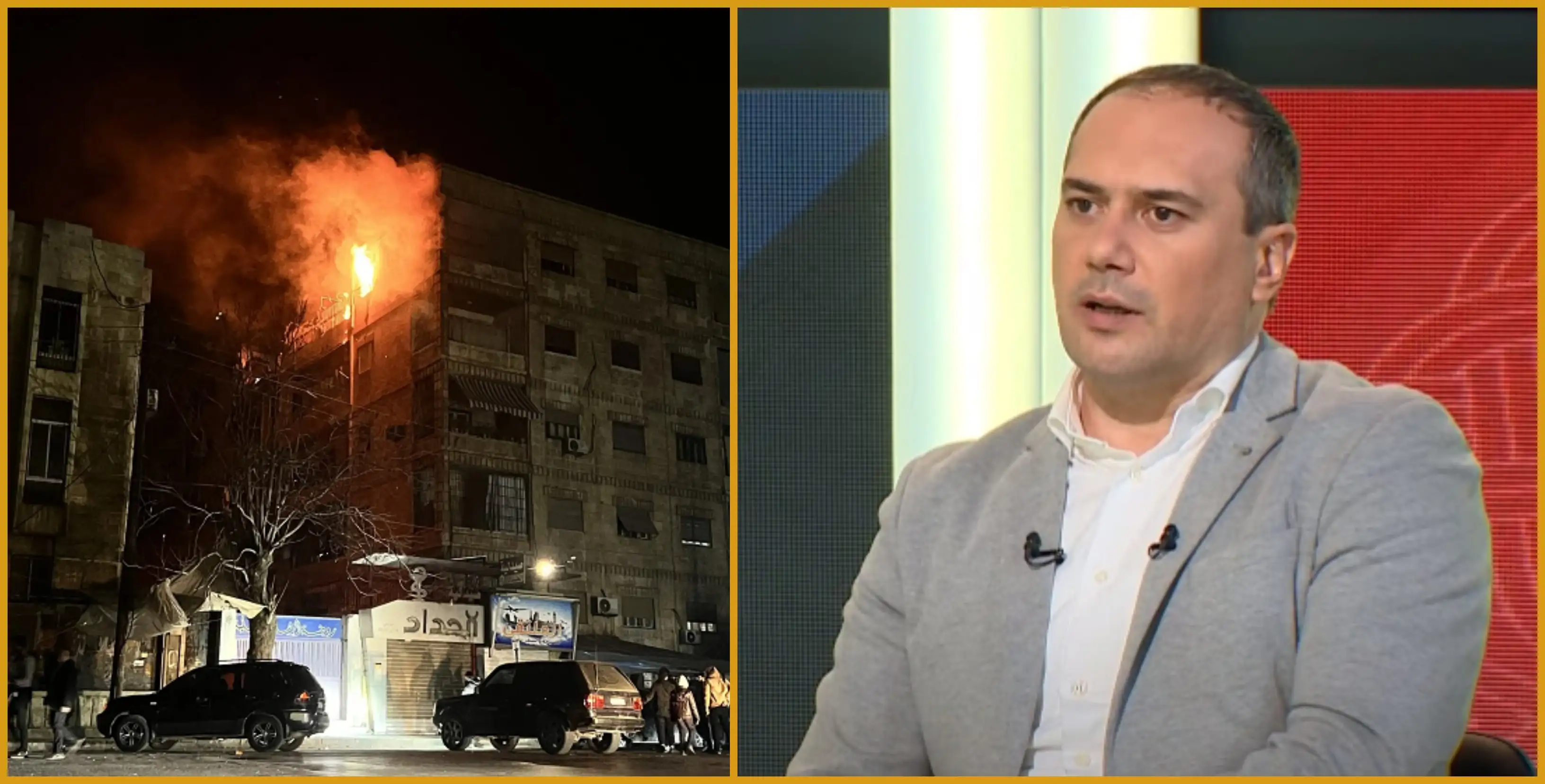Radar Armenia's interlocutor is political scientist Norayr Dunamalyan.
- Recently, relations between Russia and Azerbaijan have worsened. If we ignore the occasion, what is the real reason?
- The general reason is that Azerbaijan is trying to show that it is an independent, sovereign state. The situation created since 2020 has not altered the deep foundations of Azerbaijani-Russian relations in any way, and Azerbaijan will not make concessions in these relations. Of course, we cannot say why in Yekaterinburg they started analyzing the 20-year-old case again, and it brought victims, but Russia is also trying to put some pressure on Azerbaijan. This open conflict began with the plane crash, but it was more of an initial phase of the conflict. And the deep strife has always been there. Azerbaijan has always considered Russia an unfriendly state that supports Armenia.
However, in recent years, we have seen a rapprochement between Russia and Azerbaijan. They signed a strategic partnership document, and their views on the Artsakh issue were in common agreement. What happened?
- Azerbaijan is a strictly managed state. By taking such a step, the Azerbaijani president is attempting to mitigate the risks to himself during the specific period of 2022-2023. Russia also exploited that situation to its fullest advantage. Russian peacekeepers withdrew from Artsakh in 2024, and this was presented as a general success. However, Azerbaijan can do so today, has room for maneuver, and can also use the conflict to its advantage. It has a strategy, and those steps—rapprochement with Russia and the conflict—are steps that do not go beyond the strategy.
- In your opinion, what can we expect shortly? Will the conflict persist, and how far will it spread?
- That conflict situation will persist. Of course, it will not lead to an interstate conflict; rather, it is more akin to an inter-public strife, and it will also be presented diplomatically. It should be noted that there are still close ties between the Azerbaijani elite and the Russian elite, both politically and economically. This may lead to the fact that the parties will not escalate the situation too much and will instead try to resolve the problems. This further contributes to the fact that Russia becomes increasingly dependent on Azerbaijan, continues to make concessions, and tries not to escalate the conflict to its highest point. As a result, Azerbaijan can increase the pressure more and more, taking advantage of this situation. This may lead to an unpredictable situation in the future, but it is unlikely to escalate during this period. They will try to resolve this issue.
- Can what is happening somehow affect Armenia?
- Russia's policy in the South Caucasus, in general, has directly or indirectly contributed to this situation in recent years. When Azerbaijan was out of control, in Armenia too, one can say that Russia's policy and diplomacy did not succeed. Ultimately, Armenia is also heading towards deepening anti-Russian sentiments; the Georgian case can be viewed as an anomaly, but Georgia is also trying to maintain its position, its independence. It is part of the general system, and such a policy or deepening of the conflict can also affect Armenia, but in what way is a question. It depends on the Armenian authorities and the political processes within Armenia, which are developing rapidly, as well as the orientation of Azerbaijan. Additionally, this picture can be incorporated into a larger context: for example, the constant threat of war in the Middle East, the influence of Turkey, and so on. If we consider all these factors, there will be an impact on Armenia, but there are numerous other factors at play.
Angela Poghosyan


















